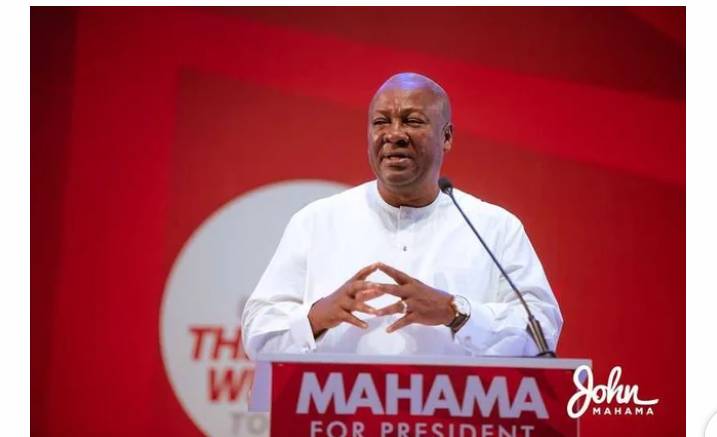Mahama: Proactive Measures Could Have Prevented Bawku Tensions
In a recent statement, former President John Dramani Mahama stressed the importance of early intervention and proactive measures in addressing tensions within communities, asserting that the current situation in Bawku might have been averted had there been more active preventive efforts. Mahama’s comments, delivered during a visit to the region, have sparked conversations about the role of leadership, timely intervention, and community engagement in fostering peace and security.
"Had we been proactive in addressing the tensions in our midst, what is happening in Bawku would’ve been avoided," Mahama stated, highlighting the need for a committed, long-term approach to conflict resolution. He pointed out that underlying issues often simmer beneath the surface in communities experiencing social, political, or ethnic challenges. Ignoring these early signs, he argued, can lead to explosive situations that are far more difficult to resolve.
Mahama's remarks come at a time when Bawku has faced significant challenges, with ongoing clashes affecting security and livelihoods. The former president emphasized that sustainable peace requires collaboration among various stakeholders, including traditional leaders, government officials, and community members, to engage in continuous dialogue. He suggested that an inclusive approach—one that acknowledges diverse voices and builds on cultural values and communal ties—is essential to achieving lasting harmony.
The former president further argued that leadership should prioritize the identification of potential sources of discord early on, creating opportunities for dialogue before issues escalate into violence. "We need structures that actively engage communities in the peace-building process," he said. Such proactive engagement, he added, can help address grievances and ensure that all parties feel heard and valued, thus reducing the likelihood of future tensions.
Drawing from his experience in office, Mahama pointed to the importance of listening to local voices. He recommended that regional and local leaders establish channels through which communities can voice their concerns and grievances in a constructive manner. This, he noted, could help bridge the gap between government and citizens, building a sense of trust and collaboration essential for peace.
In conclusion, Mahama’s statement underscores a broader lesson for the nation: that peace and stability are most effectively maintained through foresight, dialogue, and inclusive leadership. As Bawku works toward a peaceful resolution, his call for proactive measures serves as a reminder that preventing conflict is often less costly—both financially and socially—than addressing its consequences.




No comments yet
Be the first to share your thoughts!